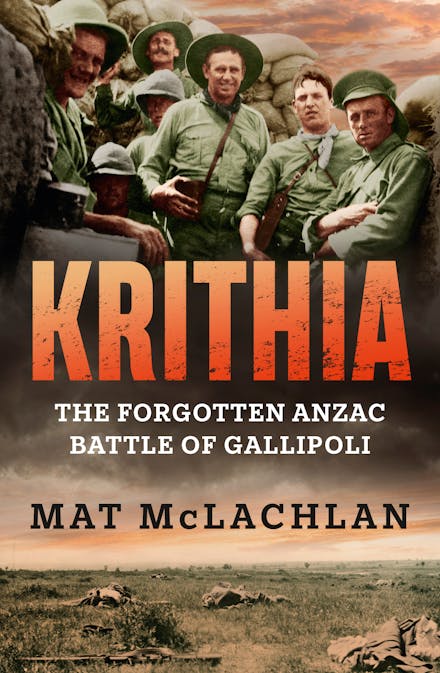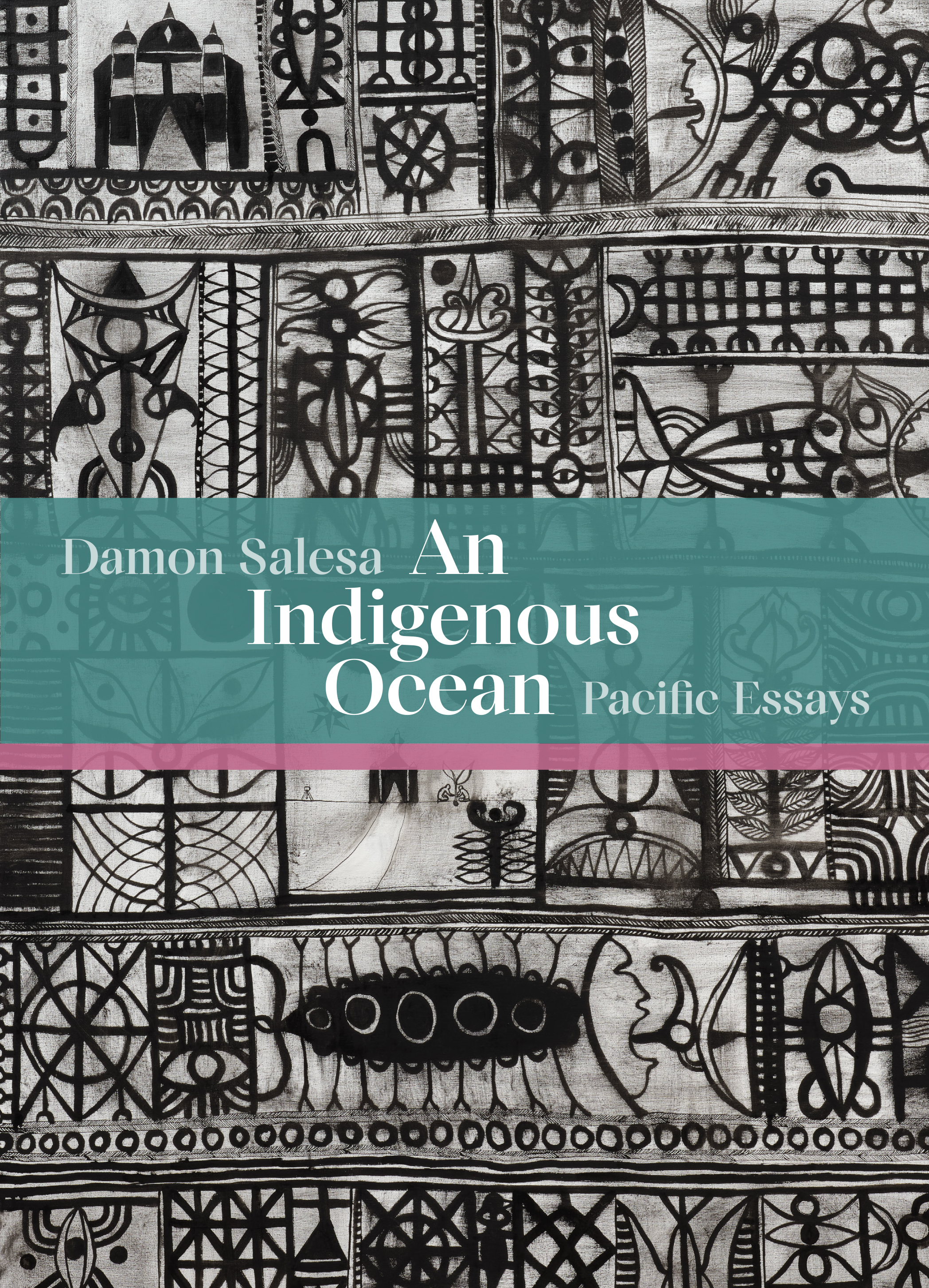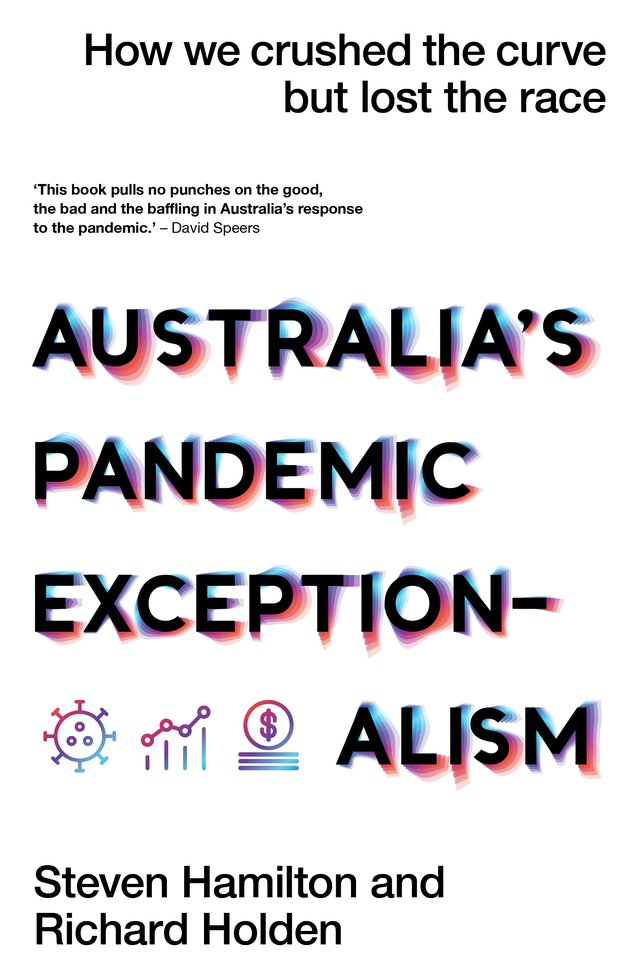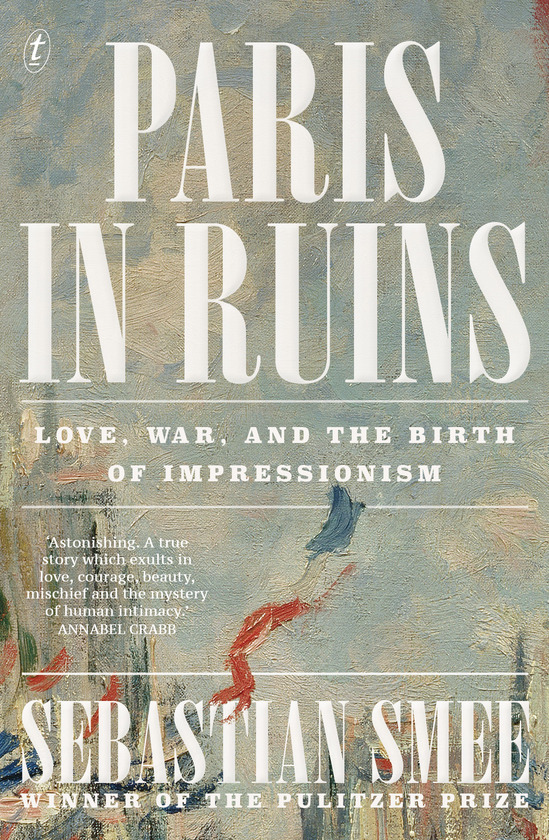Don Pasquale (Opera Australia)
Epicœne, or The Silent Woman is one of Ben Jonson’s most witty and least familiar satires. First performed in 1609 and published in 1616, it is set in contemporary London. Morose, a well-named old bachelor, is intent on finding a bride who will give him an heir so that he can disinherit his nephew, Sir Dauphine Eugenie. Morose, a famous misanthrope, detests noise (‘the perpetuity of ringing had made him devise a room with double walls and treble ceilings’). What he needs is a submissive wife – the ‘silent woman’ of the piece. Truewit (one of Jonson’s most brilliant creations) warns him of the improbability of finding such and predicts that if Morose marries, ‘every half hour’s pleasure must be bought anew’. But Morose, with his ‘itch of marriage’, is determined, and marry he does. Along the way there is much comic teasing and baiting. Epicœne, the youthful bride, soon personifies the termagant of Truewit’s predictions. Shrill, insolent, garrulous, profligate, she snaps: ‘I’ll have none of this coacted, unnatural dumbness in my house, in a family where I govern.’ Morose, comprehensively tormented, realises that ‘Strife and tumult are the dowry that comes with a wife.’ Truewit, looking on, wonders: ‘Was there ever poor bridegroom so tormented, or man, indeed?’ At the end of the play, Dauphine, having extracted £500 a year from his uncle, reveals that Epicœne is a boy.
Continue reading for only $10 per month. Subscribe and gain full access to Australian Book Review. Already a subscriber? Sign in. If you need assistance, feel free to contact us.










Leave a comment
If you are an ABR subscriber, you will need to sign in to post a comment.
If you have forgotten your sign in details, or if you receive an error message when trying to submit your comment, please email your comment (and the name of the article to which it relates) to ABR Comments. We will review your comment and, subject to approval, we will post it under your name.
Please note that all comments must be approved by ABR and comply with our Terms & Conditions.